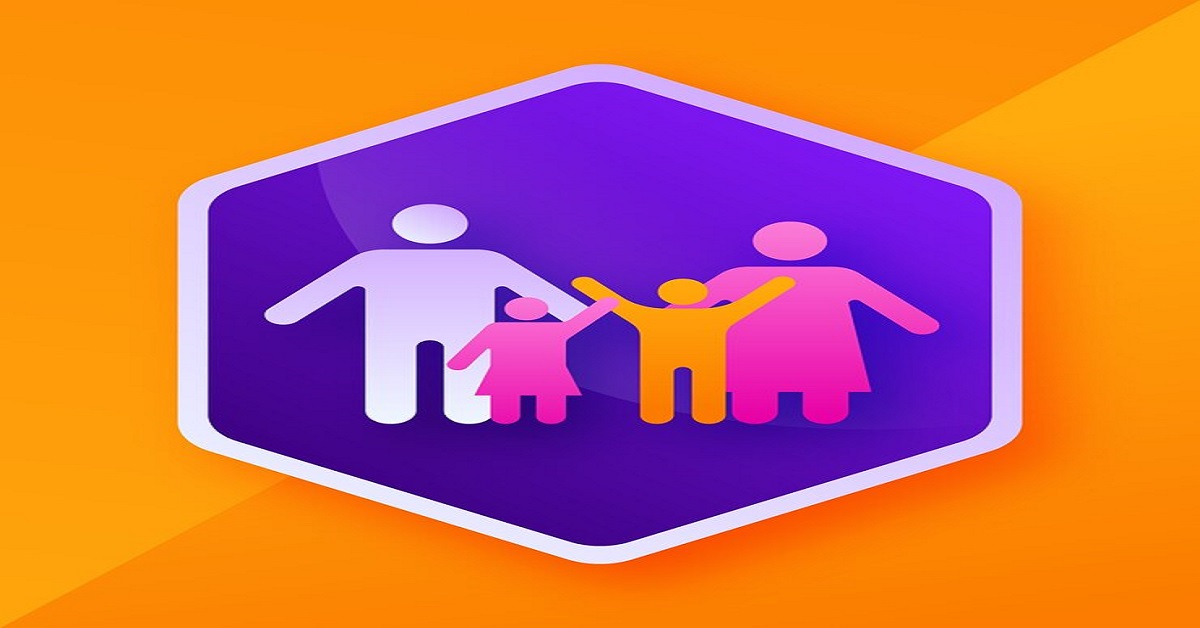Family is a fundamental aspect of human life, providing support, love, and a sense of belonging. It forms the bedrock of society, influencing individual development and shaping personal identities.
Understanding the dynamics, roles, and significance of family helps illuminate its profound impact on individuals and communities.
1. Definition and Composition
A family can be defined as a group of individuals who are connected by blood, marriage, adoption, or mutual commitment. It typically includes parents, siblings, and extended relatives.
But can also encompass chosen relationships and close friends who play familial roles. This broad definition highlights the diverse forms that families can take in today’s society.
2. Roles and Responsibilities
Within a family, each member often assumes specific roles and responsibilities. Parents typically provide guidance, nurturing, and financial support.
While children may contribute to household chores and caregiving as they grow older. Extended family members often contribute emotional support and shared traditions, enriching the family dynamic.
3. Emotional Support and Development
Family serves as a primary source of emotional support, offering comfort, encouragement, and stability during both joyous and challenging times.
This support network plays a crucial role in fostering resilience and self-esteem in individuals, contributing to their emotional well-being and development.
4. Cultural and Traditions
Family is a repository of cultural heritage and traditions, transmitting values, beliefs, and customs across generations.
These traditions create a sense of continuity and identity, binding family members together and connecting them to their cultural roots.
5. Challenges and Dynamics
Despite its many benefits, family life is not without challenges. Conflicts, disagreements, and generational differences are natural aspects of family dynamics.
Effective communication, mutual respect, and conflict resolution skills are essential in maintaining healthy relationships within the family unit.
6. Evolution and Diversity
Family structures have evolved significantly over time, reflecting changes in societal norms, values, and lifestyles.
Modern families may include single-parent households, blended families, same-sex parents, or multigenerational households, illustrating the diversity and adaptability of familial relationships.
7. Impact on Society
Strong families contribute to stable communities and societal well-being by fostering values such as empathy, cooperation, and mutual support.
They play a crucial role in shaping individuals who contribute positively to their communities and society at large.
Conclusion
Family is more than just a biological or legal unit—it is a dynamic and evolving social institution that provides emotional support, nurtures personal development and preserves cultural heritage.
Understanding its complexities and significance enriches our appreciation for the role of family in shaping individuals and societies worldwide.
